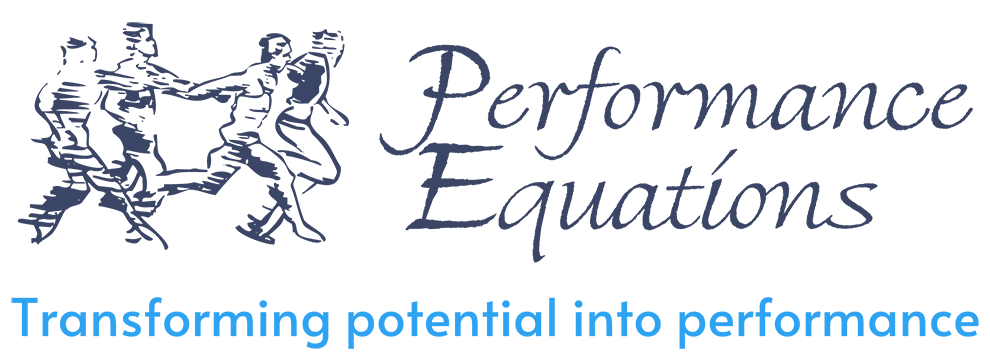The Challenge
Our client was the new CIO for the UK business of global book publishing group Hachette. While the technology division had had almost a decade of major transformation success it had become siloed and disconnected from the business. As Chris Howell says: “When I was asked to take on the role there were a couple of objectives. To integrate the technology function so it became more of a business partner and to rebuild my organisation. It meant reorganising my leadership and management teams, ensuring they engaged, collaborated and operated in a manner more consistent with the culture and values of the business.” Chris wanted to address how effectively his senior team worked together as a team, how they anticipated business needs and how they empowered their direct reports so that decisions were made at the right levels in the organisation and not continually or unnecessarily escalated upwards.
The Solution
“I was very keen to get going and help build some stronger team dynamics.”
Rather than jump right in and begin to develop a team engagement we started by working with each team member to diagnose the teams actual effectiveness and cohesion in relation to their business context. The team had been restructured and a new member recruited so understanding their dynamics, their working principles and consulting with Chris on the technology strategy and the results he wanted to achieve became a significant jump-off point. As Laura, one of the IT Directors, says “I was very keen to get going and help build some stronger team dynamics and understanding of each other. We were a newly formed leadership team with a new member of the team who we were all struggling to work out how to work productively with.”
Originally planned as an in-person, systemic team coaching programme focused on the teams collective response to their business challenges, this quickly pivoted due to the pandemic into a ‘virtual’ programme, held over an extended number of months. The programme empowered the team to explore its true purpose and values as a group, as well as decide on their operating principles. As Laura continues: “From the first meeting it felt comfortable yet challenging and I knew we were going to get to the heart of things quickly and with some clear outcomes and actions.”
Each, highly focused, team coaching session enabled the team to have courageous conversations in a climate of psychological safety and trust. The team explored how to consciously and intentionally utilise each other’s expertise and skills for the benefit of the team as a whole, understanding how their differences in style and motivation could be harnessed and, by appreciating more deeply their individual perspectives and concerns, make decisions about next steps that positively impacted their business goals.
The Results
“I’m pretty results oriented,” says Chris, “so I do know for a fact that 2020 is considered by the business to be the IT department’s most successful year and the employee survey with the most positive results on feelings of inclusion and engagement with management. So I personally believe that the programme played a part in that. I know, because I do think it enabled me and the rest of my team to work more effectively together, especially in the second half of 2020.”
“I absolutely loved it from start to finish.”
The Technology function’s overall productivity also improved during the first two quarters of 2021 as evidenced by the integration of an acquisition that had not been on the cards in July 2020 and by the accelerated growth of the consumer business activity. “When I joined”, says Chris, “the only things we could do where the major projects. Now, you look at this year and say, “It’s not the only thing that they can do. They can do those things and some others.” And I think that requires the leadership team to be continually striving to perform as well as it can. It was a good investment in terms of the development of people and then obviously the business results.” Laura adds: “There’s been a massive growth in confidence to speak up. An ability to speak more honestly about their true feelings and a leveling of the ways that we interacted as a team and seeing Chris as part of the team. We collaborate on projects and deliverables much better which means we can deliver more complex things on time. We play to our strengths better and that allows us to deliver better results for the team as a whole. I absolutely loved it from start to finish.”

